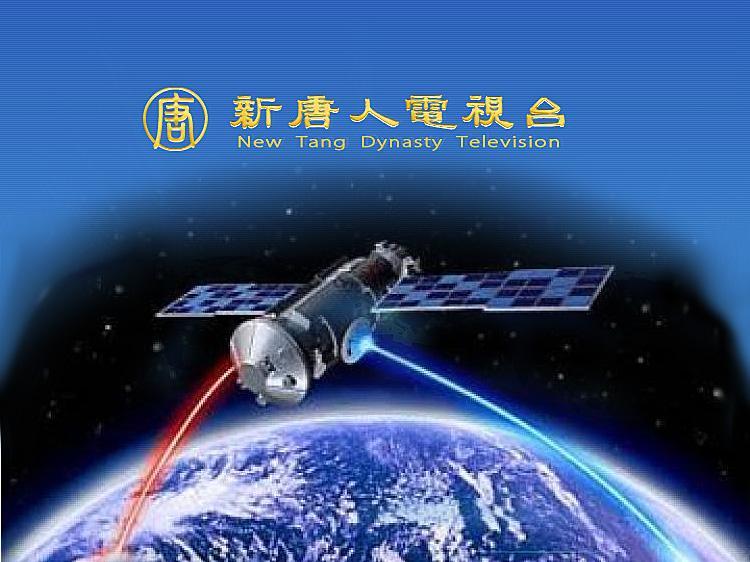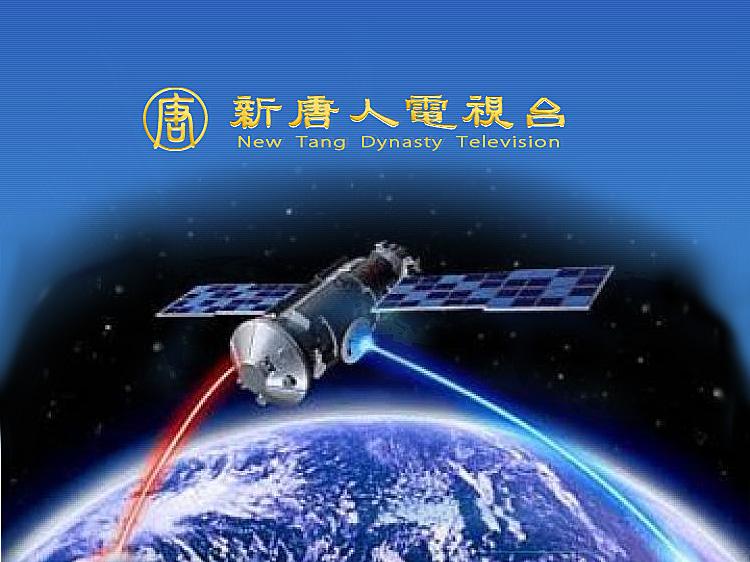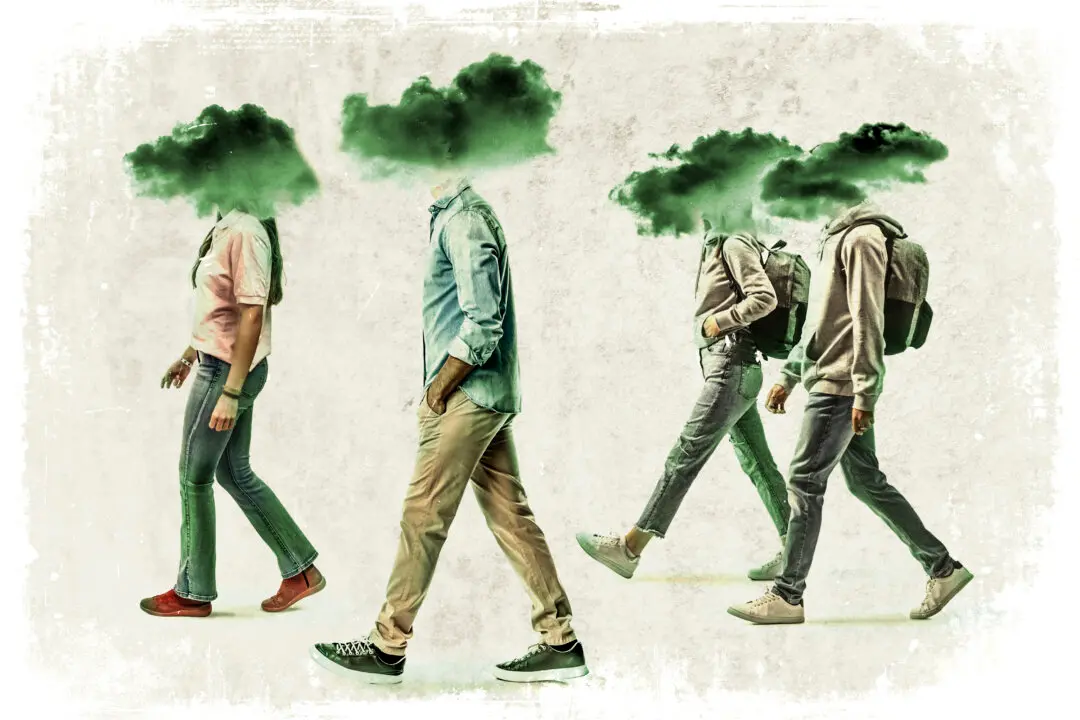“China is a country where public liberties are suppressed, such as freedom of expression,” said prominent human rights lawyer William Bourdon, who is representing New York-based television network New Tang Dynasty TV (NTDTV).
NTDTV frequently reports on human rights in China, and other issues kept out of state-controlled news. The network was the first to break news of the SARS outbreak that killed around 350 people in China in 2003.
“NTDTV is a means to try and give access to information, and for Chinese people to get around the wall of intellectual orthodoxy organized by the [Chinese Communist Party],” said Bourdon in an interview translated from French.
Bourdon is specialized in the defense of human rights and victims of crimes against humanity. He was General Secretary of the International Federation for Human Rights from 1995 through 2000, and earned prominence for initiating legal procedures against former Serbian and Rwandan leaders suspected of crimes against humanity and war crimes. He also defends several French prisoners detained at Guantanamo Bay Detention Camp, in Cuba.
Now Bourdon is indirectly confronting the human rights abuses of the most populous nation on earth, China.
The France-based Eutelsat terminated broadcast of NTDTV into China in June, 2008, citing technical problems. A July 10 investigative report by Reporters Without Borders (RSF) revealed, however, that the broadcast cut was a premeditated act, owing to influence from the Chinese regime ahead of the Beijing Olympics.
The RSF report included an incriminating recording of Eutelsat staff in Beijing, China, who said: “It was our company’s CEO in France who decided to stop NTDTV’s signal ... We could have turned off any of the transponders ... It was because we got repeated complaints and reminder from the Chinese government ... Two years ago, the State Administration of Radio, Film and Television kept saying the same thing over and over: ‘Stop that TV station before we begin to talk.’”
In January, the European Parliament passed a resolution calling on Eutelsat to resume NTDTV’s broadcast and clarify its reasons for suspending the broadcast—neither of which Eutelsat did.
“We will support [NTDTV] because we know how important it is, human rights is the basis for any other rules like democracy. free market economy, social economy, environmental protections, they all start from human rights,” said European Parliament President Jerzy Buzek in an interview earlier this month. Buzek compared NTDTV to Western radio that encouraged himself and others to hope for freedom in communist Poland.
NTDTV is pursuing a French legal measure that would allow an independent expert appointed by the court full access to Eutelsat’s inner workings to definitively determine whether or not Eutelsat gave into political pressure from Beijing.
The expert “can tell us the reality and truth of the matter, meaning, yes or no, Eutelsat had the right to act the way it did, or that behind what we consider to be very probably an act, the reality is that Eutelsat yielded to orders from Beijing and the Chinese government,” said Bourdon.
The date for the French court hearing is still being finalized.
While Bourdon pointed out that there is no clear precedent for the case against Eutelsat, he remained optimistic.
“There is an international public conscience that is stronger and stronger and that no longer stands for liberties being silenced and restricted. And all this technology favors the need for the free flow of information, unrestricted, no matter what the resistance is,” said Bourdon.







